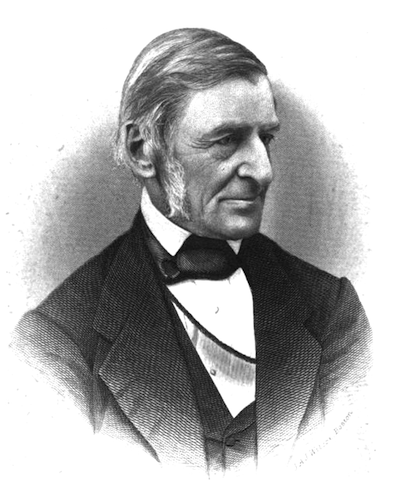In our business, communication is important. It is no exaggeration to say that in our careers we sink, tread water or swim according to our ability to communicate. Suppose that you are giving a presentation, and I am in your audience. At the start, you have my complete attention. I come expecting and hoping for a good experience, to learn something from you, and to enjoy myself. If I understand the words you use, the sentences you form, and the chains of reasoning you construct, and if I can read and follow the material you display, there is a good chance I’ll stay with you, perhaps to the end. If I struggle with any of these aspects of your presentation, I’ll expect extra value for the extra effort. Otherwise, I’ll probably tune out.
Communication is a two-way process most of the time, but not when you’re in front, and I’m at the back. The onus is on you to lure me, hook me, draw me in, and eventually to land me. Actors, politicians, salespersons and evangelists all know this; so should we.
Suppose that you have written a paper and I am one of your potential readers. Your title catches my attention. “This looks interesting,” I think, and I read the abstract. Is this paper worth reading carefully, I wonder, as I read through the introduction. Do you get—and keep—my attention, as you might if we were face to face? That depends, both on my need to read your paper, and on your writing. Again it is your words, sentences, and chains of reasoning that matter, and again, I’ll stay with you if I’m learning and enjoying myself… and drift away if I’m not.
Few of us are naturally gifted speakers or writers. Most have to work hard at it, and keep doing so. I’ll assume that applies to you, as it does to me and almost everyone else I know. How do we improve our speaking and writing? One answer is by taking formal college or university courses, for example, on language and literature, public speaking, technical or creative writing. There we can get instruction, practice and feedback. I always encourage people for whom it is feasible to consider this option, that is, to seek professional help. Another approach is to dive into the “how to” books on speaking and writing, though I can’t comment on the value of this strategy.
We can also help ourselves. There are two aspects to my self-help approach. One is like the way to get to Carnegie Hall—practice, practice, practice—and the other is reading. Ralph Waldo Emerson believed that first we read, then we write [the title of the Richardson book on Emerson] and gave the following writing tip: “Read for five hours a day.” Most of us are unlikely to have our days as free for reading as his were, so for us the question is: what should we read? Life is short, so my answer here is unequivocal. Read only good writing for fun and profit, and read mediocre or poor writing only when absolutely necessary. Joseph Conrad, Jane Austen, G. H. Hardy and Marcia Angell all write magnificently. Articles in the New York Review of Books are invariably extremely well written, as are those in Granta. Several of our professional colleagues wrote beautifully: Florence Nightingale David, William Feller, and David Freedman; and the mathematical and statistical biographer Constance Reid. Apologies here to speakers of other languages for my focus on English. I can mention Jacques Neveu or Paul-André Meyer as French masters of writing, but that’s my limit in other languages. There is a lot of great writing out there, mostly by professional writers, of course, but they should be our role models. Read and emulate them.
Like Emerson, I see the reading of good writing as key to improving our speaking and writing. It helps us form what we want to say or write. Next comes the practice. Suppose you have a good first draft of your talk or paper. You now need feedback: how good is it, and in what ways can it be improved? Here is where you must rely on colleagues, friends or mentors, unselfish people who are willing to spend their time helping you improve your speaking or writing. Such people aren’t as hard to find as you might think, but you should be prepared to return the favour. Once started, you then iterate the cycle of draft, receive feedback, revise. It’s always hard, but there can be great satisfaction at the end: a talk well delivered, a paper flying through the review process. Let’s give Emerson the last word: Happy is he … who writes from the love of imparting certain thoughts … who writes always to the unknown friend.

“The first rule of writing is not to omit the thing you meant to say.” Sage advice from Ralph Waldo Emerson [above], who may still be able to teach us a thing or two about communication.
Comments on “Terence’s Stuff: Speaking, reading, writing”